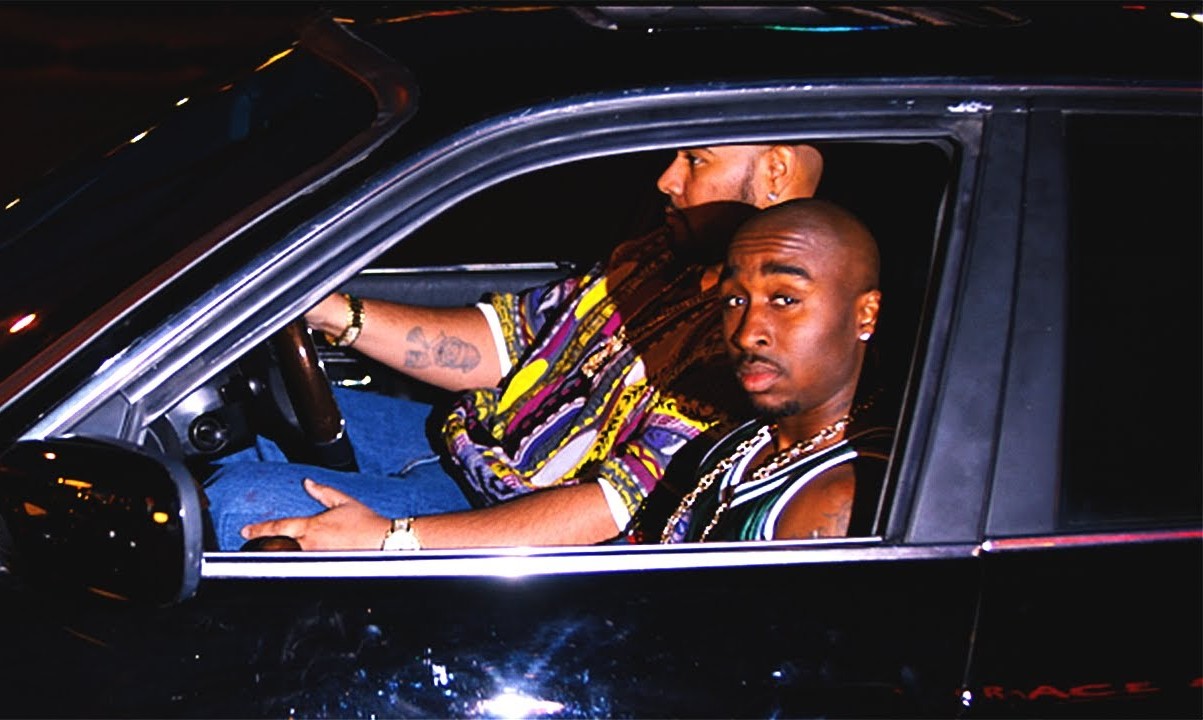
Who is Khalil Wheeler Weaver? Khalil Wheeler Weaver is a name that has become infamous in recent years. Born in 1996, this young man from New Jersey gained notoriety for all the wrong reasons. He was convicted of multiple heinous crimes, including the murders of three women and the attempted murder of a fourth. His actions shocked communities and brought attention to the dangers of online dating apps, which he used to lure his victims. Wheeler Weaver's trial revealed a chilling level of premeditation and cruelty, making him one of the most talked-about criminals in recent history. Understanding his case offers insights into the dark side of human nature and the importance of vigilance in our digital age.
Key Takeaways:
- Khalil Wheeler Weaver's calculated crimes shocked the community, leading to increased safety measures for online dating and a greater emphasis on digital forensics in criminal investigations.
- The impact of Khalil Wheeler Weaver's actions sparked discussions about mental health and early intervention, highlighting the need for vigilance and awareness in the digital age.
Early Life and Background
Khalil Wheeler Weaver's early life and background provide insight into his later actions. Understanding his upbringing and environment can help piece together the puzzle of his criminal behavior.
- Born on April 20, 1996, in Orange, New Jersey, Khalil Wheeler Weaver grew up in a suburban neighborhood.
- He attended Orange High School, where he was known to be a quiet and reserved student.
- Khalil's family was considered middle-class, with both parents working stable jobs.
- He had a relatively uneventful childhood, with no significant incidents reported during his early years.
- Khalil was known to be tech-savvy, often spending hours on his computer.
Criminal Activities
Khalil Wheeler Weaver's criminal activities shocked the community and drew national attention. His actions were calculated and methodical, making him a dangerous predator.
- Between August and November 2016, Khalil Wheeler Weaver committed a series of heinous crimes in New Jersey.
- He targeted vulnerable women, often luring them through online dating apps.
- Khalil's first known victim was Robin West, a 19-year-old woman found dead in a burned-out building.
- His second victim, Joanne Brown, was discovered in an abandoned house, strangled to death.
- Sarah Butler, a college student, was his third victim, found dead in Eagle Rock Reservation.
- Khalil used various aliases and fake profiles to conceal his identity while contacting his victims.
- He meticulously planned his crimes, often scouting locations and timing his actions to avoid detection.
Investigation and Arrest
The investigation into Khalil Wheeler Weaver's crimes was a complex process involving multiple law enforcement agencies. His eventual arrest was a result of thorough detective work and community involvement.
- The investigation began when Sarah Butler's family reported her missing in November 2016.
- Detectives traced Sarah's last known whereabouts to a meeting arranged through a dating app.
- Khalil Wheeler Weaver became a person of interest after investigators linked him to multiple victims.
- Law enforcement used digital forensics to track Khalil's online activities and gather evidence.
- Khalil was arrested on December 6, 2016, after a sting operation set up by the police.
- During his arrest, authorities found incriminating evidence, including cell phones and computers.
Trial and Conviction
Khalil Wheeler Weaver's trial was a significant event, drawing media attention and public interest. The proceedings revealed the extent of his crimes and the impact on the victims' families.
- Khalil Wheeler Weaver was charged with multiple counts of murder, kidnapping, and aggravated arson.
- The trial began in October 2019, with testimonies from victims' families and expert witnesses.
- Prosecutors presented overwhelming evidence, including digital footprints and forensic analysis.
- Khalil's defense team argued that he was framed and that the evidence was circumstantial.
- The jury deliberated for several days before reaching a verdict.
- On December 19, 2019, Khalil Wheeler Weaver was found guilty on all counts.
- He was sentenced to 160 years in prison without the possibility of parole.
Impact on the Community
The crimes committed by Khalil Wheeler Weaver had a profound impact on the community. The aftermath of his actions led to increased awareness and changes in safety measures.
- The community of Orange, New Jersey, was left in shock and mourning after the crimes were revealed.
- Vigils and memorials were held for the victims, bringing the community together in solidarity.
- Local authorities implemented new safety protocols for online dating and meeting strangers.
- The case highlighted the importance of digital forensics in modern criminal investigations.
- Khalil Wheeler Weaver's actions prompted discussions about mental health and early intervention.
- The victims' families became advocates for justice and safety, raising awareness about the dangers of online predators.
Legacy and Lessons Learned
The case of Khalil Wheeler Weaver serves as a grim reminder of the potential dangers lurking in the digital age. It also offers valuable lessons for law enforcement and the public.
- Khalil Wheeler Weaver's crimes underscored the need for vigilance when using online dating apps.
- The case demonstrated the effectiveness of digital forensics in solving modern crimes.
- Law enforcement agencies now prioritize training in cybercrime and digital investigations.
- The community continues to honor the victims' memories through advocacy and education efforts.
Final Thoughts on Khalil Wheeler Weaver
Khalil Wheeler Weaver's story is a chilling reminder of the darkness that can lurk behind a seemingly normal facade. His actions shocked communities and left lasting scars on the families of his victims. Understanding the facts about his crimes helps us recognize the importance of vigilance and the need for justice.
Wheeler Weaver's case also highlights the critical role of law enforcement and community cooperation in solving such heinous crimes. The persistence of investigators and the bravery of survivors played a crucial part in bringing him to justice.
As we reflect on these facts, it's essential to remember the victims and their families. Their stories deserve to be told, and their memories honored. By learning from these tragic events, we can work towards a safer society where such horrors are less likely to occur.
Frequently Asked Questions
Was this page helpful?
Our commitment to delivering trustworthy and engaging content is at the heart of what we do. Each fact on our site is contributed by real users like you, bringing a wealth of diverse insights and information. To ensure the highest standards of accuracy and reliability, our dedicated editors meticulously review each submission. This process guarantees that the facts we share are not only fascinating but also credible. Trust in our commitment to quality and authenticity as you explore and learn with us.


